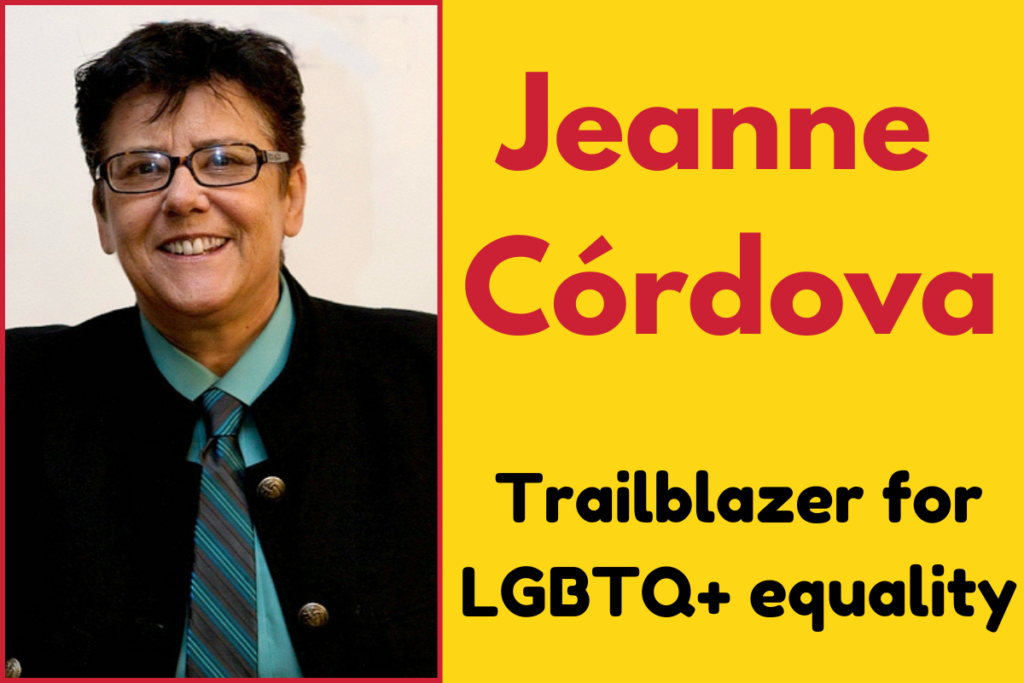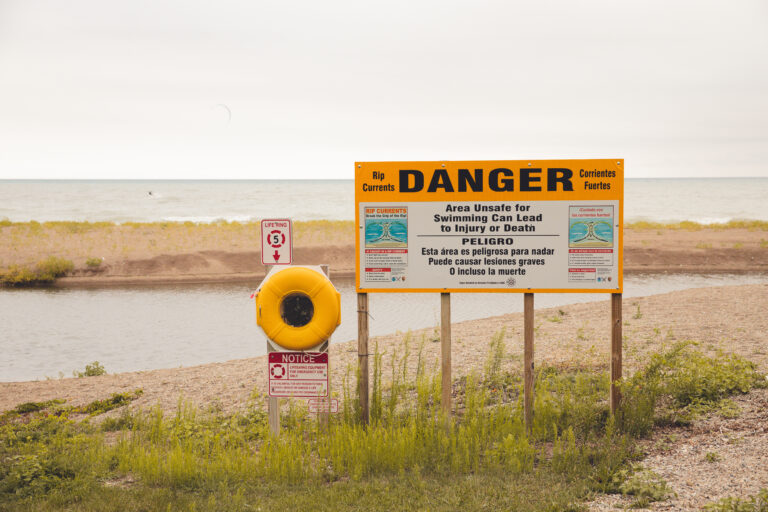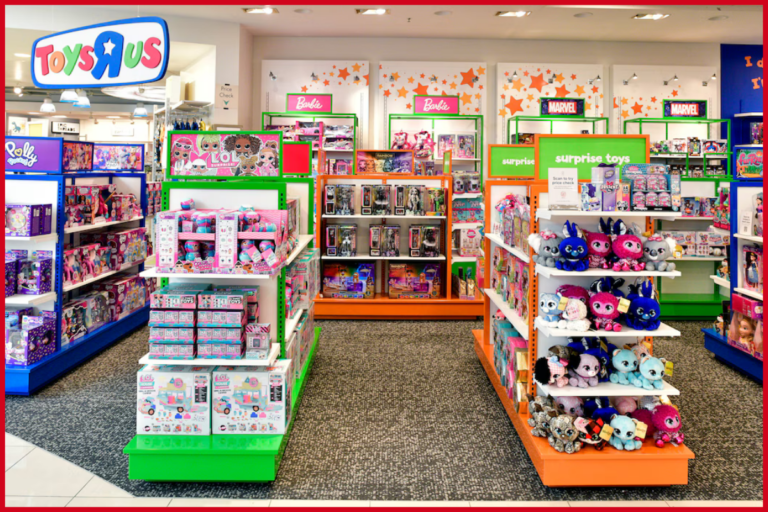
Jeanne Córdova was a prominent activist, journalist, and writer who made lasting contributions to the LGBTQ+ rights movement, particularly for lesbians. Through her work in journalism and activism, Córdova became a voice for change, advocating for equality and recognition of lesbian rights and feminist causes. In this article, we will explore her early life, her awakening to activism, and the lasting impact she left on both LGBTQ+ and feminist movements.
Early Life and Cultural Heritage
Jeanne Córdova was born in the 1950s in Los Angeles, California. Growing up in a Mexican-American family, she was exposed to the complexities of both her cultural heritage and the challenges faced by minorities in the United States. As a young woman, Córdova began questioning societal norms, particularly around gender and sexuality, and soon realized that her path would be one of social justice and change.
You May Also Like: WWW gravityinternetnet
Her cultural background played a significant role in shaping her activism. The blend of her Latina identity and the challenges of growing up as a lesbian in a conservative environment gave her a unique perspective that would later inform much of her work in both LGBTQ+ and feminist causes.
Awakening to Activism
Córdova’s journey into activism began in the late 1960s and early 1970s, a time when social movements were flourishing. She became increasingly aware of the inequality faced by the LGBTQ+ community, especially lesbians, and began seeking ways to challenge the status quo. Her interest in activism grew as she joined discussions on civil rights, women’s rights, and LGBTQ+ issues, eventually leading her to a deep commitment to fighting for social change.
Through her involvement with the feminist movement and the rise of lesbian visibility, Jeanne Córdova found her voice as an advocate for justice and equality.
Journalism as a Tool for Change
One of Córdova’s most notable contributions was her work as a journalist. She used journalism as a tool to amplify marginalized voices and shed light on LGBTQ+ issues. Her writing, particularly for The Lesbian Tide, a groundbreaking lesbian feminist magazine, allowed her to advocate for a world where lesbians were recognized, respected, and empowered.
Her writings addressed important topics such as the rights of lesbians in the workplace, their role in the feminist movement, and the intersectionality of race, gender, and sexuality. Córdova’s sharp, insightful journalism helped shape public discourse on LGBTQ+ issues and paved the way for further discussions on lesbian rights.
The Lesbian Tide: A Revolutionary Voice
As the editor of The Lesbian Tide, Jeanne Córdova was instrumental in giving a voice to the lesbian community during the 1970s and 1980s. The Lesbian Tide became one of the most influential publications of its time, offering support and guidance to lesbians who were struggling to find acceptance in a world that often ignored or misunderstood them.
The magazine not only provided a platform for lesbian voices but also took on the responsibility of educating both the LGBTQ+ community and the broader society about the unique challenges faced by lesbians. Córdova’s leadership at the magazine helped create a sense of solidarity among lesbians, encouraging them to embrace their identities and fight for their rights.
Jeanne Córdova’s Role in Early LGBTQ Organizations
In addition to her work with The Lesbian Tide, Córdova played an important role in several early LGBTQ organizations. She was a founding member of the Los Angeles Gay and Lesbian Center and worked tirelessly to advance LGBTQ+ rights at the local and national levels.
She organized and advocated for LGBTQ+ rights during a time when such activism often faced hostility, helping to pave the way for the LGBTQ+ movement’s visibility in mainstream society. Through her work in these organizations, Córdova built strong connections with other activists, furthering the goals of equality and inclusion.
Fighting for Lesbian Rights
Jeanne Córdova dedicated much of her life to fighting for lesbian rights. During the early years of her activism, lesbians were often excluded from the broader feminist and LGBTQ+ movements. Córdova worked to change that, fighting for the recognition and inclusion of lesbians in the struggle for gender equality.
She advocated for policies that specifically addressed the challenges faced by lesbians in the workplace, healthcare, and family structures. Her efforts were instrumental in raising awareness about lesbian-specific issues and creating a more inclusive movement for all women, regardless of sexual orientation.
Córdova’s Impact on Feminism
Córdova’s work in the feminist movement was groundbreaking. As a lesbian feminist, she fought to create a feminism that included all women, especially lesbians who had often been sidelined. She challenged both patriarchal structures and heteronormative expectations, advocating for a world where all women, regardless of sexuality, had equal rights and opportunities.
Córdova’s writings, speeches, and activism were central to pushing forward a feminist agenda that recognized the intersectionality of gender, sexuality, and race. Her contributions to feminist thought helped shape the modern understanding of feminism as a movement that seeks to empower all women.
Bridging the Queer and Feminist Movements
One of Córdova’s most important legacies is her role in bridging the queer and feminist movements. She tirelessly worked to foster solidarity between lesbians, queer individuals, and feminists, recognizing the deep interconnection between the struggles for gender equality and LGBTQ+ rights.
Her work emphasized that feminism should not only advocate for women’s rights but should also be a platform for broader LGBTQ+ issues. Córdova’s ability to build alliances and strengthen these movements was crucial to the success of both causes.
Key Campaigns and Events Organized by Córdova
Throughout her life, Jeanne Córdova organized and participated in key LGBTQ+ and feminist campaigns and events. Among her most significant achievements was organizing the West Coast Lesbian Conference in 1973, a pivotal event that brought together lesbians from across the country to discuss issues of identity, activism, and community building.
Córdova also helped organize protests, marches, and public forums to raise awareness about lesbian rights, often using her journalism platform to promote these events and rally people to participate.
The West Coast Lesbian Conference
The West Coast Lesbian Conference, organized by Córdova, was one of the most influential lesbian gatherings of the 1970s. It brought together hundreds of lesbians from various backgrounds, providing a space for them to discuss their experiences, share resources, and develop strategies for activism.
The conference played a critical role in creating a sense of community and unity among lesbians, offering a powerful example of collective action for social change.
Writing as Activism: “When We Were Outlaws”
Córdova’s memoir, When We Were Outlaws, is another testament to her life as an activist and writer. In this book, she reflects on her experiences fighting for LGBTQ+ rights, recounting her journey and the challenges she faced as a lesbian in a society that often denied her existence.
Through her writing, Córdova shared not only her own story but also the stories of countless others who had fought for visibility and acceptance. The book serves as both a personal reflection and a call to action for future generations of activists.
Jeanne Córdova’s Legacy and Influence
Jeanne Córdova’s legacy is vast and enduring. Her work continues to inspire activists and writers who are fighting for equality, recognition, and justice. Córdova’s impact on both the LGBTQ+ and feminist movements cannot be overstated. She was a trailblazer whose work opened doors for countless others to advocate for change.
The Role of Intersectionality in Córdova’s Work
One of the key aspects of Córdova’s activism was her commitment to intersectionality. Córdova understood that race, class, and sexuality were interconnected and believed that achieving justice required addressing all forms of oppression. She rooted her work in the belief that true equality could only be achieved by including all marginalized groups in the struggle.
A Lasting Impact on Queer Literature
Córdova’s contributions to queer literature are significant. As a writer, journalist, and activist, she used her platform to bring attention to LGBTQ+ issues and create space for queer voices. Her writings continue to influence and inspire queer writers, ensuring they tell and share the stories of LGBTQ+ individuals.
Jeanne Córdova’s Influence on Today’s LGBTQ Movement
Córdova’s influence on today’s LGBTQ+ movement is undeniable. Her work laid the foundation for many of the rights and freedoms that LGBTQ+ individuals enjoy today. Her activism, particularly for lesbians, helped shape the conversation around LGBTQ+ rights and paved the way for greater visibility and acceptance.
Honoring Jeanne Córdova’s Memory
Jeanne Córdova’s memory is honored by those who continue to fight for the rights of LGBTQ+ individuals. Her contributions to both the feminist and queer movements have left an indelible mark on history.
Jeanne Córdova’s Influence on Future Activists
Córdova’s life and work continue to inspire future generations of activists. Her dedication to justice, equality, and visibility is a model for those who seek to challenge the status quo and fight for a more inclusive world.
FAQs
Q: What was Jeanne Córdova’s most significant achievement?
A: Jeanne Córdova’s most significant achievement was her role in advancing lesbian rights and her contributions to both the feminist and LGBTQ+ movements through her activism, journalism, and writing.
Q: How did Jeanne Córdova impact the feminist movement?
A: Córdova was a key figure in shaping feminist thought by advocating for an inclusive feminism that embraced lesbians and recognized the intersectionality of gender, sexuality, and race.
Conclusion
Jeanne Córdova was a pioneering activist who fought for the rights of lesbians and played a crucial role in the LGBTQ+ and feminist movements. Through her journalism, activism, and writing, she left a lasting impact on the world. Córdova’s work continues to inspire today’s activists and will be remembered as a beacon of hope.





